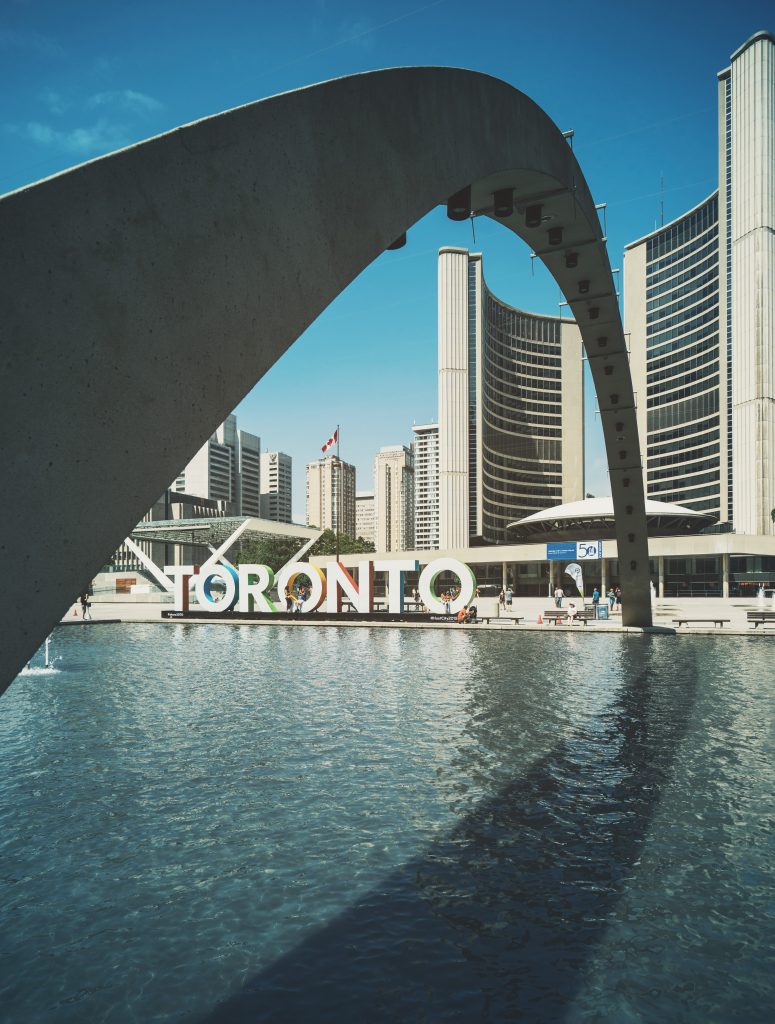As you embark on your real estate journey in Canada, one crucial aspect to understand is property taxes. These taxes play a significant role in homeownership and vary across different cities in the country. In this article, we will explore property taxes in four major Canadian cities: Toronto, Montreal, Vancouver, and Ottawa. Let’s delve into the intricacies of each city’s property tax system and how it impacts homeowners and investors alike.
Toronto: The Heart of Ontario’s Property Tax Landscape
Toronto, Ontario’s vibrant capital, is known for its diverse real estate market and bustling urban life. When it comes to property taxes, Toronto employs a two-tier system. The first tier is levied by the city, while the second tier is imposed by the province of Ontario. The tax rate is calculated based on the assessed value of your property.

Impact on Homeowners and Investors:
The property tax rates in Toronto can have a significant impact on both homeowners and investors. For homeowners, property taxes represent a recurring cost that must be budgeted for each year. It’s important for homeowners to understand how the tax rates are calculated and how changes in property values can affect their tax bills.
For investors, property taxes are an essential factor to consider when evaluating the potential profitability of a real estate investment. Higher property tax rates in certain areas may reduce rental yields and overall investment returns. On the other hand, lower property tax rates may make certain neighborhoods more attractive to investors.
Montreal: The French-Inspired Taxation System

In Montreal, Quebec, the property tax system has a unique French influence. The city’s property taxes are calculated based on the property’s assessed value, similar to Toronto. However, it’s important to note that Montreal’s property taxes tend to be relatively lower compared to some other major Canadian cities. This aspect makes the city an attractive choice for property buyers looking to invest in the Quebec market.
Impact on Homeowners and Investors:
Montreal’s unique taxation system can have significant implications for both homeowners and investors in the city. Property taxes represent a recurring financial obligation for homeowners, and understanding how the tax rates are determined can help them budget more effectively.
For investors, the property tax rates in Montreal are an essential factor to consider when evaluating potential investment properties. Higher property tax rates may impact rental yields and overall investment profitability. On the other hand, lower tax rates may make certain neighborhoods more attractive to investors.
Vancouver: Navigating the West Coast’s Property Tax Terrain
The picturesque city of Vancouver, British Columbia, is renowned for its stunning landscapes and robust real estate market. Here, property taxes are based on a combination of factors, including the assessed value of the property and the specific tax rates set by the city government. Vancouver’s property tax rates are typically higher than some other Canadian cities but are offset by the city’s flourishing economy and desirable lifestyle.
Impact on Homeowners and Investors:
Vancouver’s property tax rates can have a substantial impact on homeowners and investors. High property values, combined with the tax rates, may result in significant tax obligations for property owners. For investors, property tax rates are a crucial factor when evaluating the profitability of potential investment properties, as higher taxes can impact rental yields.
Understanding available tax incentives, exemptions, and relief programs is vital for homeowners and investors alike, as they can optimize their financial planning and mitigate tax burdens.

Ottawa: Unraveling the Capital’s Tax Structure
As the capital of Canada, Ottawa has its own unique property tax system. The city calculates property taxes based on the assessed value of the property, similar to other cities. However, Ottawa also offers property tax relief programs to eligible residents, providing financial assistance and encouraging homeownership.
Understanding Ottawa’s tax structure is essential for homeowners and investors alike. Whether purchasing a primary residence or an investment property, being well-informed about property tax rates, available incentives, and relief programs can lead to smarter financial decisions.
Understanding the intricacies of property taxes is essential for anyone looking to invest in Canadian real estate. Toronto, Montreal, Vancouver, and Ottawa each have their own distinct property tax systems that impact homeowners and investors in different ways. As you navigate the real estate market in these cities, it’s crucial to be aware of these tax structures to make informed decisions about your property investment.
Remember, the information provided in this article is meant to serve as a general guide. For specific and up-to-date details on property taxes in each city, it’s advisable to consult with a knowledgeable real estate agent or tax professional. Happy property hunting!


